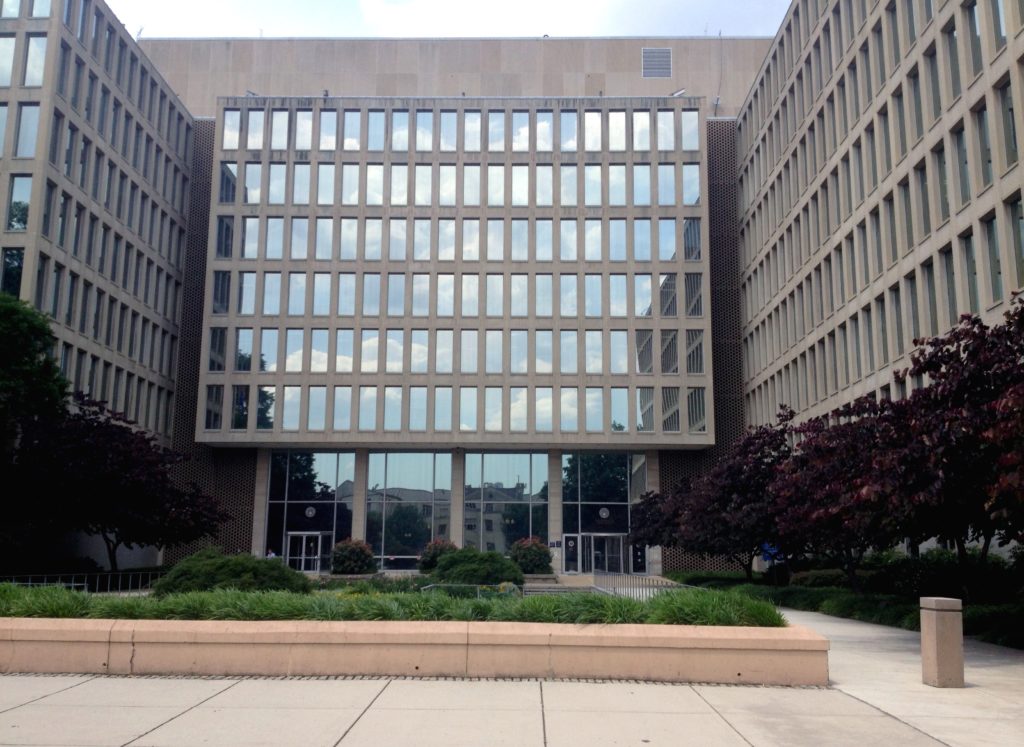
Today’s leading stats are FEHB, not Covid related.
This afternoon, OPM released the 2023 FEHB and FEDVIP premiums with a lengthy announcement and a link to those premiums.
Govexec explains
Federal employees and retirees will spend an average of 8.7% more on their health insurance premiums in 2023, a figure that marks the highest cost increase in more than a decade.
The government’s share of Federal Employees Health Benefits Program premiums will increase by an average of 6.6%, bringing the overall increase to 7.2%, according to an OPM document obtained by Government Executive. That overall premium increase is the highest the nation’s largest health insurance program has seen since costs increased 9% in 2011.
On average, federal employees enrolled in “self-only” plans will pay an additional $8.11 per bi-weekly pay period, while feds in “self plus one” insurance plans will pay $20.34 more per pay period. Federal workers enrolled in family coverage will pay an average of $20.87 more per pay period in 2023.
For the Federal Employees Dental and Vision Insurance Program, the average premium for dental plans will increase by 0.21%, while the overall average premium for vision coverage will decrease by 0.41%.
If you follow the FEHBlog’s U.S. healthcare cost posts, you know that this FEHB premium increase is in line with what other large employers are experiencing. As readers know, the 8.7% average increase assumes no one changes plans in Open Season. The FEHBlog thinks that OPM emphasizes this number to encourage federal employees and annuitants to shop for lower-priced coverage.
Here are the Federal News Network and Federal Times articles on this development.
From the Omicron and siblings front, here is the CDC’s weekly interpretative summary of its Covid statistics, which the FEHBlog continues to track.
As of September 28, 2022, the current 7-day moving average of daily new cases (47,112) decreased 13.1% compared with the previous 7-day moving average (54,202).
CDC Nowcast projections* for the week ending October 1, 2022, estimate that the combined national proportion of lineages designated as Omicron will continue to be 100%. There are five sublineages designated as Omicron: BA.5, BA.4.6, BF.7, BA.2.75, and BA.4. The predominant Omicron lineage is BA.5, projected to be 81.3% (95% PI 79.6-83.0%).
The current 7-day daily average for September 21–27, 2022, was 3,733. This is a 7.4% decrease from the prior 7-day average (4,029) from September 14–20, 2022.
The current 7-day moving average of new deaths (344) decreased 6.7% compared with the previous 7-day moving average (368).
As of September 28, 2022, 619.8 million vaccine doses have been administered in the United States. Overall, about 264.1 million people, or 79.5% of the total U.S. population, have received at least one dose of vaccine. About 225.3 million people, or 67.9% of the total U.S. population, have completed a primary series.
Of those who have completed a primary series, about 110.0 million people have received a booster dose,* and more than 7.5 million people have received an updated (bivalent) booster dose. But 49.8% of the total booster-eligible population has not yet received a booster dose.
From Capitol Hill, Roll Call reports
The House cleared a temporary spending bill needed to avoid a partial government shutdown ahead of Friday night’s deadline, giving lawmakers a reprieve until after the midterm elections when they’ll need to figure out a longer-term funding plan for the fiscal year ending Sept. 30, 2023.
The measured passed on a 230-201, mostly party-line vote and will now be sent to President Joe Biden’s desk where he’s expected to sign it later on Friday. The Senate passed the measure Thursday, 72-25, after that chamber resolved some last-minute holds.
The extension is through December 16, 2023.
Pension and Investments Online reports “More than 14 months after her nomination, the Senate on Thursday confirmed Lisa M. Gomez as assistant secretary of labor for the Employee Benefits Security Administration in a 49-36 vote.” EBSA is one of the Affordable Care Act and No Surprises Act regulators, which impacts FEHB. Good luck.
From the U.S. healthcare business front, Healthcare Dive informs us that the Justice Department has not appealed a September 19, 2022, federal district court rejecting the federal government’s challenge to United Healthcare’s acquisition of Change Healthcare.
[T]he DOJ could still appeal the UnitedHealth-Change ruling. Its earlier deal reached with UnitedHealth doesn’t prevent DOJ from appealing.
“In any challenge to a merger, it is always beneficial for those challenging it to seek to have the merger enjoined before the matter actually closes,” Jim Burns, a partner at Williams Mullen and chair of its Antitrust and Trade Regulation Practice Group, told Healthcare Dive.
But all signs indicate that the DOJ has decided not to appeal, a former government official with antitrust expertise told Healthcare Dive.
To alleviate other antitrust concerns, UnitedHealth agreed to divest ClaimsXten to private equity group TPG Capital.
